They spoke during the 11th IDB Global Forum on Islamic Finance, jointly organized by the Islamic Research and Training Institute (IRTI) and Bank Indonesia as part of side events of the 41st Annual Meeting of the Islamic Development Bank Group. The forum was held with the theme: ‘Role of Islamic Finance in Achieving the SDGs’.
In a keynote address, Indonesian Finance Minister Dr. Bambang Permadi Brodjonegoro said if well harnessed, the various aspects of Islamic finance could help achieve several SDGs targets, including poverty reduction, financial inclusion, and reducing inequality.
The Minister explained that Islamic social finance instruments of ‘zakah’, ‘awqaf’ and microfinance perform the socio-religious role of curbing poverty as well as the role of creating economic activity. Sukuk, on the other hand, he added, could support building of infrastructures that will improve people’s living conditions.
In his opening remarks, IDB President Dr. Ahmad Mohamed Ali commended IRTI and Bank Indonesia for organizing the forum, saying Islamic finance has a crucial role to play in achieving the SDGs targets of curbing poverty and fostering financial inclusion.
The opening speeches were followed by two panel discussions on the role of Islamic finance in the SDGs.
During the first session, a former governor of the Pakistan Central Bank, Dr. Irshat Husain, listed four areas through which Islamic finance can facilitate achieving the SDGs. These are reducing income inequality, fostering financial inclusion, use of Sukuk for infrastructure, and ensuring financial stability.
He said there is need to be conscious of the fact that Islamic finance cannot solve all the problems in the world, and therefore advised for a focus on the four listed areas for maximum impact.
Dr. Irshat also urged for changes affecting legal and regulatory frameworks as well as product innovation in Islamic finance, to ensure Islamic finance plays a significant role in realizing the SDGs in IDB member countries.
Governor of the Central Bank of Gambia, Mr. Amadou A. Colley, in his presentation, said the roles of central banks are crucial in ensuring that Islamic finance supports the SDGs targets of poverty alleviation and financial inclusion.
He said authorities should come up with regulations towards boosting Islamic microfinance, which can assist the poor and promote economic activity at the local level. “Regulatory impediments need to be removed to allow microfinance work well so that we can achieve the SDGs in our countries,” he explained.
Deputy Governor of Bank Indonesia, Dr. Perry Warjiyo, in his presentation, outlined a framework for the use of Islamic finance in meeting the SDGs, especially the targets of ending poverty and fighting inequality. The framework showed that if zakah and other Islamic social finance instruments are properly mobilized, these targets can be met easily.
In the second session, panelists discussed the global perspectives of the role of Islamic finance in the SDGs. They are Dr. Jemilah Mahmood, under-secretary of the IFRC; Dr. Edi Setiadi, Deputy Commissioner of the Indonesian Financial Services Authority (Otoritas Jasa Keuangan, OJK); and Mr. Punky Sumabi, Director of BAPENAS.
HA/PR


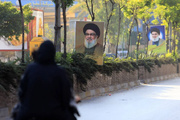
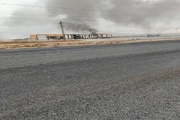

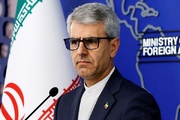
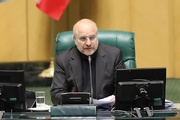



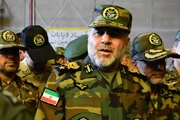
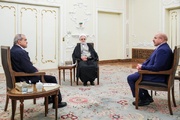




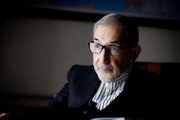
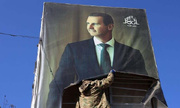




Your Comment